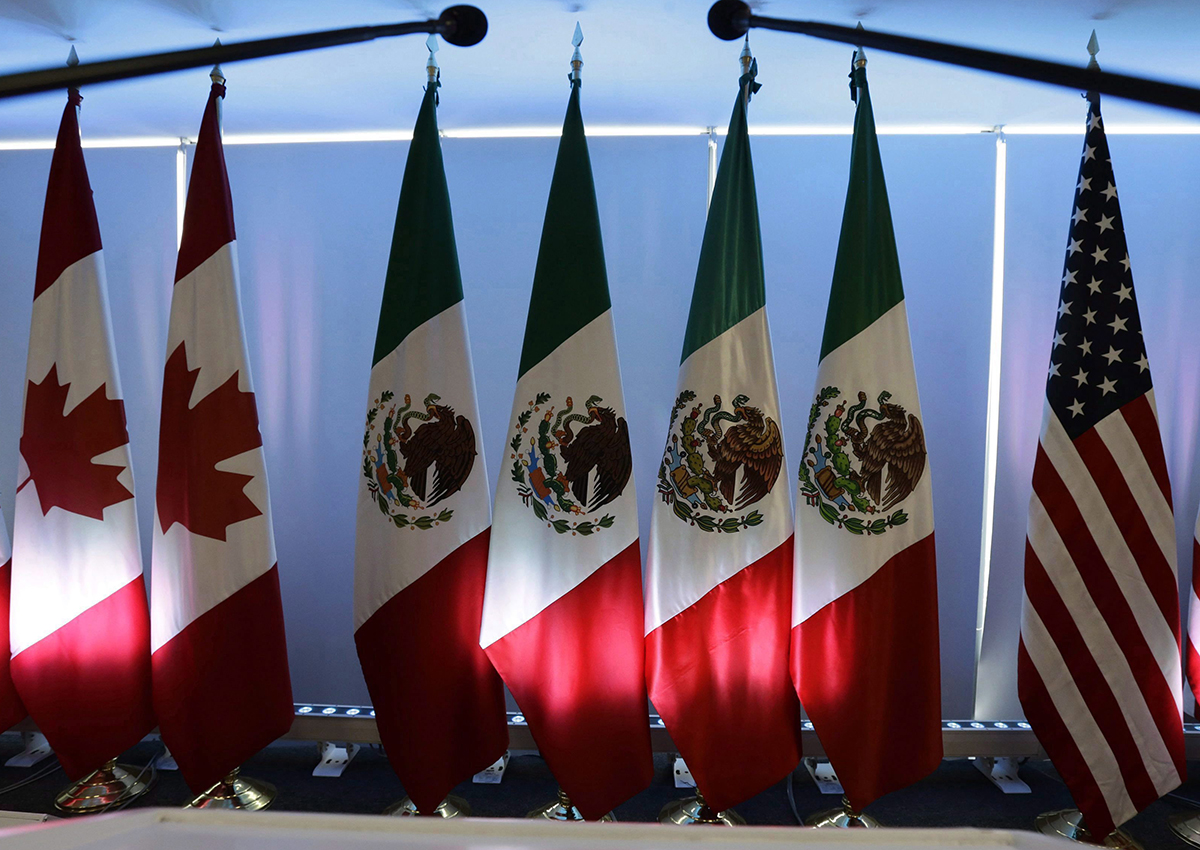MEXICO CITY – The Canadian government intends to provide a briefing at this round of NAFTA negotiations on how U.S. proposals on auto parts would devastate its own industry.

Multiple sources say Canada plans to present information at this round – not a counter-proposal.
They also expect that Mexico will hold off on presenting a counter-offer on auto parts, which is shaping up to be a key issue of the talks.
READ MORE: ‘No fireworks’ at NAFTA talks in Mexico City, but little sign of headway
The U.S. position at the last round drew a backlash from Canada, Mexico, the auto industry, and from dozens of American lawmakers who released a public letter blasting it.
WATCH: Canada’s NAFTA challenge on softwood

The American proposal had four main components: insisting that half of a car’s parts be from the U.S. to avoid a tariff, drastically increasing the amount of content required from North America overall, toughening the method for calculating the parts percentages and making it all happen within a year.
Some auto-parts representatives say the idea is so unrealistic it would incentivize companies to move production from North America, build in Asia, and just pay the import tariff.

Get breaking National news
WATCH: Trans-Pacific Partnership: a backup plan if NAFTA fails

The non-NAFTA U.S. tariff on cars starts at 2.5 per cent.
READ MORE: Canada, Mexico will entertain 5-year review clause over termination clause
The current round of NAFTA talks in Mexico City will include four days of talks on rules of origin for different products, including auto parts. It’s expected that at this round the countries will make progress on less-controversial files and save the thornier ones for later in the negotiations.
Canadian auto-parts representative Flavio Volpe says that strategy makes sense in his sector. He says the U.S. proposal made little sense from a business standpoint, and appeared designed to shock other countries’ negotiating parties.
So he says it’s logical those other countries would try to reset the conversation, rather than engage on those grounds.







Comments
Want to discuss? Please read our Commenting Policy first.